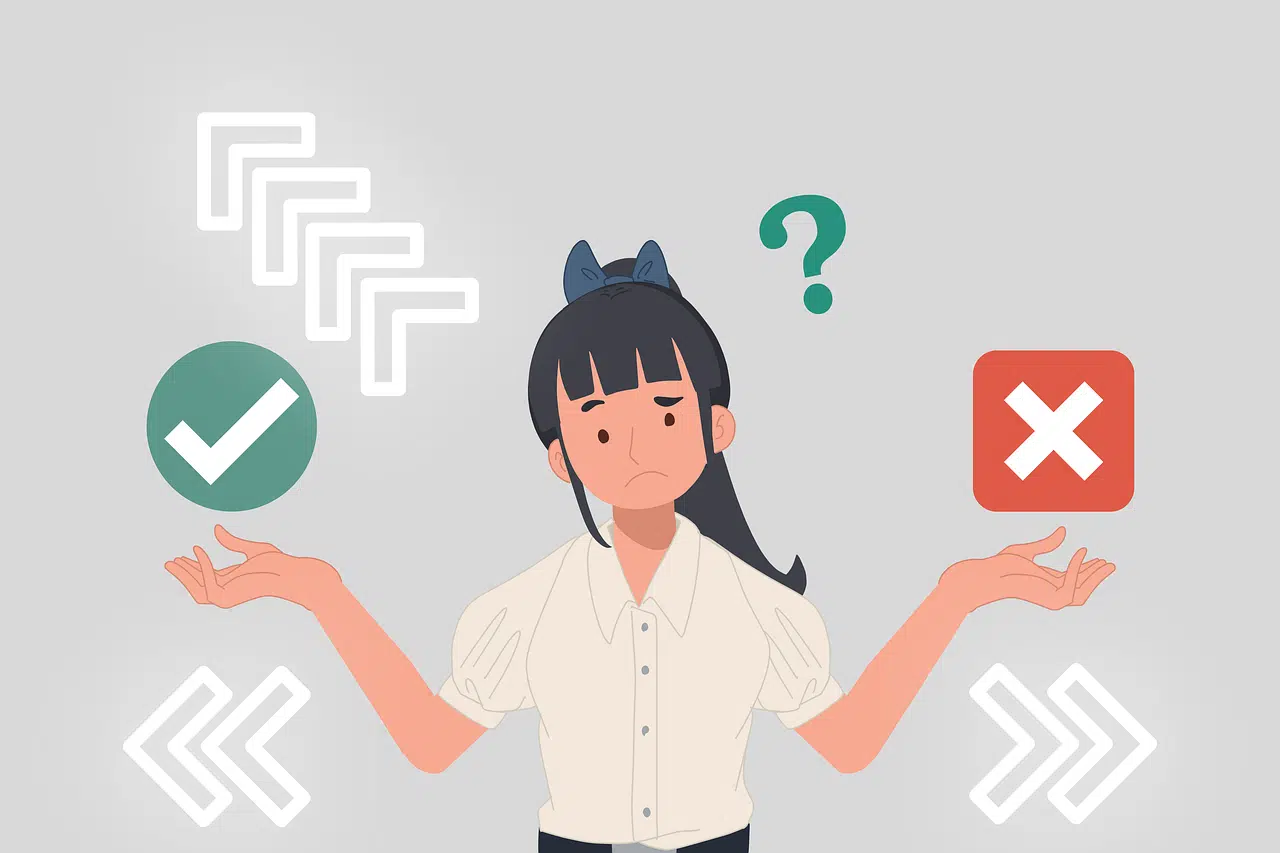
A moral norm imposes a duty, although its compliance depends on the individual's discernment since it is not coercive.
A moral norm is a rule that a community uses to define what is right, good, or appropriate . These precepts arise from the values and principles that the members of a society share according to traditions.
Moral norms are not coercive in a legal sense: this means that failing to comply with them does not lead to punishment by a State authority. That is why individuals can respect them or not according to their own will without legal sanction.
How a moral norm arises
A moral norm arises by consensus within a human group. Its establishment occurs when the members of a community, based on a shared identity, tacitly agree on what they consider appropriate and what, on the contrary, is unacceptable.
These norms regulate the behavior of people in society. Although they are not directly associated with the legal system and therefore cannot impose a judicial penalty, their violation can provoke social condemnation: the offender, in this way, can be criticized or even removed from the group.
It is important to keep in mind that morality can be understood as the doctrine that aims to regulate behavior regarding good and bad. In this way, the moral obligation to act or not act arises, assuming responsibility for the consequences of actions.
Ethics , in this framework, consists of the moral standards that guide an individual's behavior. Appealing to what his conscience dictates, the person develops conduct in accordance with his ethics and, by extension, the code of conduct determined by the morality of his culture.

Abuse of power, exploitation and oppression are behaviors that violate moral norms and, in turn, can be constituted as a crime.
Your relationship with the law
Moral norms usually have a relationship with the law , although not direct or linear. Right is understood to be the set of precepts that are based on ideas of order and justice, whose compliance can be coercively imposed; Morality, on the other hand, is not coercive.
However, many times the legislation includes traditions and customs of the population, with which the law is inspired or based on moral norms. This can be clearly seen in those acts that are immoral and that, simultaneously, constitute a crime.
Exercising violence against a child, committing an act of corruption and promoting racism are actions that violate moral norms and, in turn, are legally punishable. Thus, anyone who commits these offenses can be both rejected by their neighbors and condemned by the Judiciary .
In other cases, the conduct is only immoral , without involving a crime. If a man buys chocolates and rushes to eat them before getting home so as not to share them with his wife and children, he will violate a moral norm due to his selfishness but he will not be at fault with Justice .
At a general level, someone who does not have compassion or empathy , behaves without generosity and lacks altruism , is a subject who does not abide by moral norms. This is someone who shows no interest in the common good and who shows a lack of interest in the suffering of others. This attitude, however, may not cause the violation of a norm of justice.

He who fails to comply with a normal moral standard can show regret and ask for forgiveness to achieve reconciliation with another person or with the social group.
Moral norms in different cultures
Moral norms differ depending on culture . There are behaviors that are endorsed in one town and rejected in another; Even a socially acceptable action in one community can be punished as a crime in a different place.
Take the case of homosexuality . In many Western societies, homosexual relationships are accepted and marriage between people of the same sex is established, while homophobia and discrimination due to sexual choice are rejected by a large part of the people.
In countries like Saudi Arabia and Iran , on the other hand, homosexuality not only violates moral norms but is even a crime punishable by the death penalty.
As can be seen, the same action can generate different social responses. If two men kiss on a street in Uruguay , to mention one possibility, the chances are that they will not suffer any type of reprimand. But if these two men carry out such a display of affection on an Iranian street, they may be reprimanded by those around them and condemned by the authorities.
The link with religion
Moral norms are sometimes confused with religious norms . This is because religion, like morality, also establishes how to act.
The difference lies in the starting point of the standards. When it comes to morality, the construction of good and bad is done socially according to the consequences of actions on individuals and on the whole.
Religious norms, although they consider these aspects, are born from divine commands . What is correct and what is condemnable is what was established by divinity and what was (and is) interpreted by religious authorities, prophets or other figures.
Pride , lust , greed , envy and laziness , for example, are capital sins for the Catholic religion. That is why sinners receive a sanction or punishment. However, behaviors with these vices also violate moral norms.
